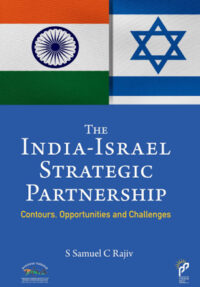The Imperatives of Ordnance Factory Corporatisation
Poor workmanship, deteriorating quality issues, and lack of professionalism have plagued the workings of the Ordnance Factories. There is an imperative need for modernising the workings of the OFs through corporatisation.
- Akhelesh Bhargava
- September 30, 2020











